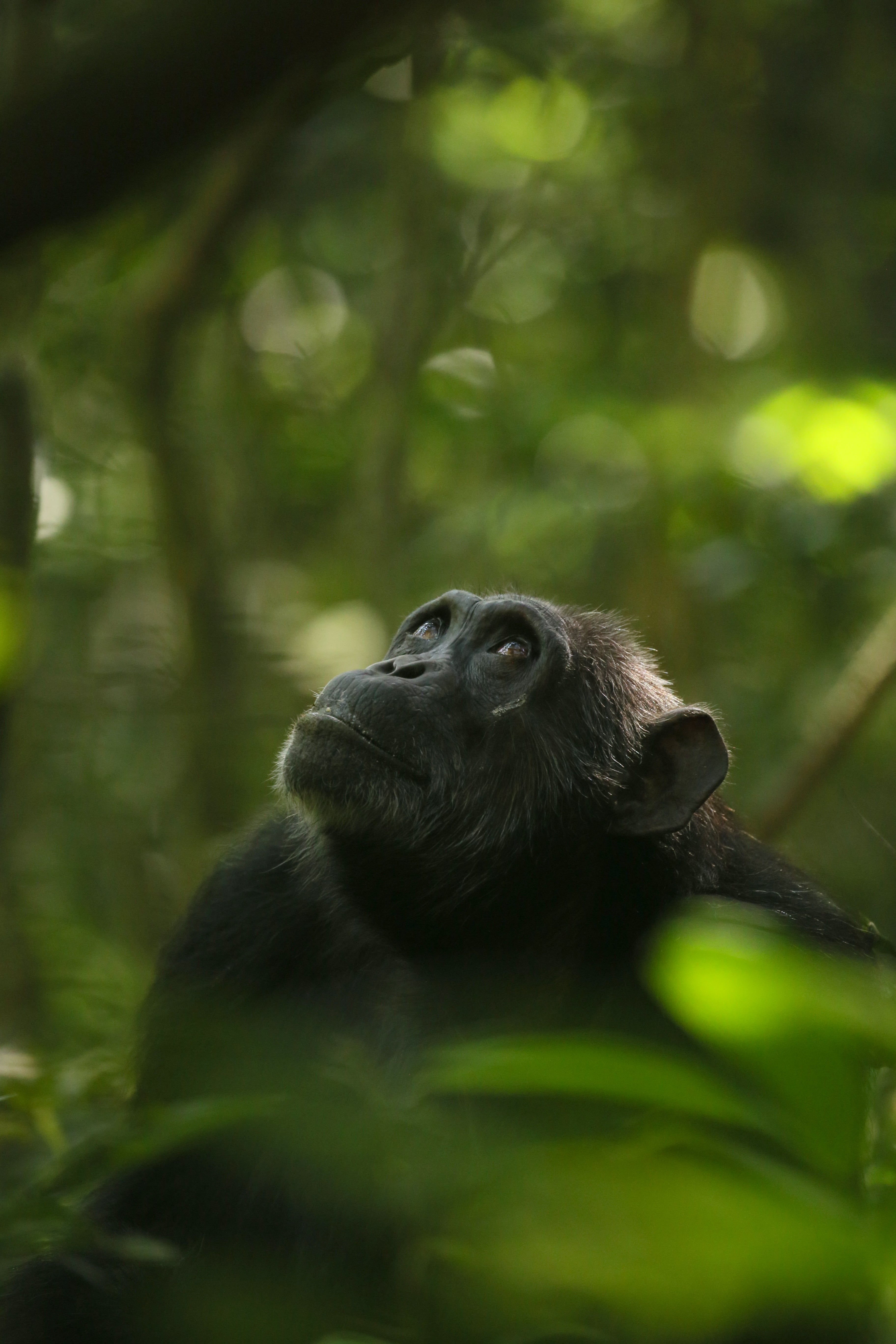[ad_1]
Menopause is unusual in the animal kingdom. In mammals, menopause takes place one particular year soon after an individual’s last natural ovulation cycle and is marked by variations in hormone levels and infertility. It has only been documented in a several species, which include individuals, orcas and quick-finned pilot whales. But new evidence exhibits that some wild chimpanzees working experience menopause as properly.
Scientists put in a long time studying the Ngogo chimpanzee group in Uganda. They gathered demographic and hormonal proof that strongly suggests a amount of elderly females in the populace underwent menopause—and ongoing to are living healthy lives for quite a few many years afterward. Although researchers have noticed symptoms of menopause in some captive nonhuman primates, this is the first time it has been documented in primates in the wild.
“I believe this is an extremely remarkable piece of investigate,” suggests Susan Alberts, a primatologist at Duke College, who was not involved in the analyze, which was released on Thursday in Science. “They’ve completed this sort of a stunning occupation with their analysis.”
The Ngogo chimpanzee population is unique for many reasons. The primates, which dwell in the interior of Uganda’s Kibale National Park, are much a lot more isolated from human cities than most of the world’s chimps. They are well-researched and have even starred in their personal Netflix series. And in comparison with other chimpanzee populations, the Ngogo chimps are inclined stay a prolonged time.
 

When Sholly Gunter started functioning with the apes in the early 2000s, she found this suitable absent. “We had a whole lot of outdated girls,” she claims, “and that was abnormal.”
Gunter, a biologist at McLennan Local community University and just one of the co-authors of the new research, suspected that these older feminine chimps might be undergoing menopause. So she and her colleagues began collecting urine samples from the primates and testing them for hormonal changes, this kind of as will increase in luteinizing hormone and decreases in estradiol, that suggest menopause in people.
They observed these improvements in various elderly ladies. The researchers were being then capable to mix this dataset with demographic data gathered from the population about many yrs. Importantly, the data shown “not only that chimpanzee menopause can manifest but [also] when it takes place,” states Melissa Emery Thompson, an evolutionary anthropologist at the College of New Mexico and a co-creator of the examine. The effects confirmed that, similar to human beings, the Ngogo chimpanzees have a tendency to start out menopause following age 50. On normal, girls that arrived at sexual maturity lived all-around a single fifth of their life in a postreproductive state—about 50 % as prolonged as human hunter-gatherers.
Why these chimps endure menopause is a little bit trickier to make clear. After all, it’s a little bit of an evolutionary thriller why an organism would outlive its reproductive potential. Just one of the prevailing explanations for menopause in individuals, known as the “grandmother hypothesis,” posits that it is evolutionarily beneficial for older females to adhere all over and help raise the subsequent generation.
But “that’s not definitely feasible for chimpanzees due to the fact they never reside with their daughters,” says Peter Ellison, an evolutionary anthropologist at Harvard University, who was not associated in the analyze. Grownup feminine chimps are inclined to go to a different relatives when it is time for them to have infants, and they are likely to raise them communally, this means that there is no genetic incentive for the primates to favor their own grandchildren.
In its place the research indicates that menopause may only be a feature of mammalian reproductive units that emerges if these an animal life long ample. “It may perhaps have been anything that was shared by the final prevalent ancestor of people and chimpanzees,” Gunter suggests. And probably simply because of their isolation from human-induced anxiety, the Ngogo chimps have a tendency to live for a long time.
For some professionals, it was a astonishing discover. “If you had told me about this end result before I study the paper, I would have been skeptical,” Alberts states. Not all chimpanzees seem to undergo menopause—but this could be a final result of aspects other than biology. In most populations of chimps outside of the Ngogo group, adult ladies are living to close to age 30, commonly because of predators, ailment or worry. Alberts says the new paper’s final results are so robust that she can not argue with them, nevertheless. The subsequent stage, she adds, would be to do comparable very long-phrase studies in more wild chimpanzee populations to determine out no matter if the Ngogo chimps are exclusive in residing beyond their reproductive several years.
Ellison would like to see identical research of other social mammal species, these as elephants and woolly spider monkeys. The benefits may well assistance us acquire a improved comprehending of how menopause evolved, as nicely as why—and whether—it stays so unusual.
[ad_2]
Source backlink






